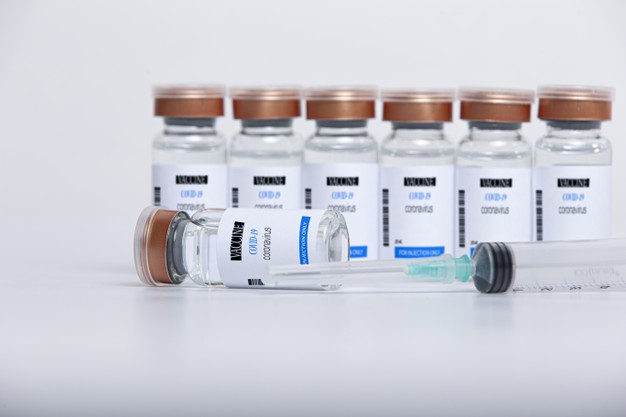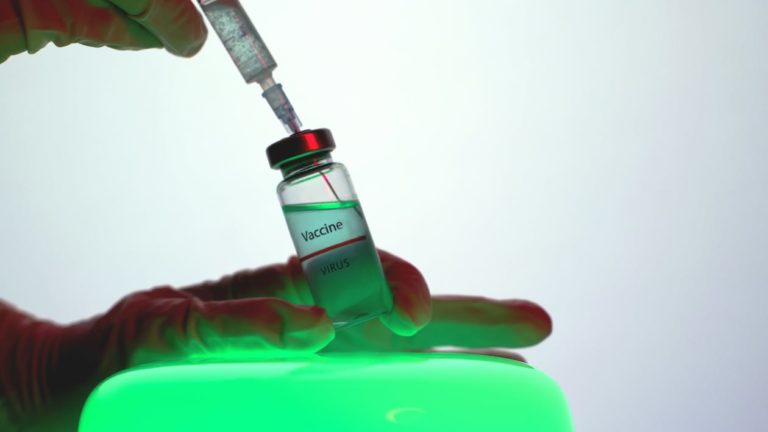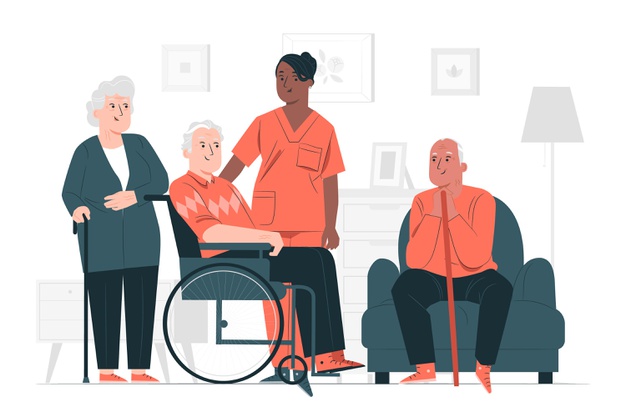
Many potential drugs and vaccines are being investigated in Canada and around the world for use against COVID-19. We’re closely tracking all potential drugs and vaccines in development.
What you will find on this post
- About the Pfizer-BioNTech COVID-19 vaccine
- Ingredients
- How it works
- How it’s given
- Possible side effects
- Vaccine safety after authorization
About the Pfizer-BioNTech COVID-19 vaccine
The Pfizer-BioNTech COVID-19 mRNA vaccine (Tozinameran or BNT162b2) is used to prevent COVID-19. This disease is caused by severe acute respiratory syndrome coronavirus 2 (SARS-CoV-2).
The vaccine is approved for people who are 16 years of age and older. Its safety and effectiveness in people younger than 16 years of age have not yet been established.
The Pfizer-BioNTech COVID-19 vaccine is manufactured by Pfizer Canada ULC and BioNTech Manufacturing GmbH. Health Canada authorized this vaccine with conditions on December 9, 2020, under the Interim Order Respecting the Importation, Sale and Advertising of Drugs for Use in Relation to COVID-19.
Find detailed technical information about the Pfizer-BioNTech vaccine, such as the product monograph and our regulatory decision summary, in the COVID-19 vaccines and treatments regulatory portal.
Ingredients
- Medicinal ingredient
- mRNA
- Non-medicinal ingredients
- ALC-0315 = ((4-hydroxybutyl)azanediyl)bis(hexane-6,1-diyl)bis(2-hexyldecanoate)
- ALC-0159 = 2-[(polyethylene glycol)-2000]-N,N-ditetradecylacetamide
- 1,2-Distearoyl-sn-glycero-3-phosphocholine
- cholesterol
- dibasic sodium phosphate dihydrate
- monobasic potassium phosphate
- potassium chloride
- sodium chloride
- sucrose
- water for injection
Recommendations for people with serious allergies
How it works
mRNA vaccines teach our cells how to make a protein that will trigger an immune response without using the live virus that causes COVID-19. Once triggered, our body then makes antibodies. These antibodies help us fight the infection if the real virus does enter our body in the future.
‘RNA’ stands for ribonucleic acid, which is a molecule that provides cells with instructions for making proteins. Messenger RNA (mRNA) vaccines contain the genetic instructions for making the SARS-CoV-2 spike protein. This protein is found on the surface of the virus that causes COVID-19.
When a person is given the vaccine, their cells will read the genetic instructions like a recipe and produce the spike protein. After the protein piece is made, the cell breaks down the instructions and gets rid of them.
The cell then displays the protein piece on its surface. Our immune system recognizes that the protein doesn’t belong there and begins building an immune response and making antibodies.
How it’s given
The vaccine is given by an injection (0.3 mL) into the muscle of the arm. For the vaccine to work best, you need to get 2 doses: a single dose and then a second dose 21 days later.
Based on studies in about 44,000 participants, the Pfizer-BioNTech COVID-19 vaccine was 95% effective in preventing COVID-19 beginning 1 week after the second dose. This means that people may not be fully protected against COVID-19 until at least 7 days after the second dose.
Possible side effects
In general, the side effects observed during the clinical trials are similar to what you might have with other vaccines.
The side effects that followed vaccine administration in clinical trials were mild or moderate. They included things like pain at the site of injection, body chills, feeling tired and feeling feverish.
These are common side effects of vaccines and do not pose a risk to health.
As with all vaccines, there’s a chance that there will be a serious side effect, but these are rare. A serious side effect might be something like an allergic reaction. Speak with your health professional about any serious allergies or other health conditions you may have before you receive this vaccine.
Health Canada has conducted a rigorous scientific review of the available medical evidence to assess the safety of the Pfizer-BioNTech COVID-19 vaccine. No major safety concerns have been identified in the data that we reviewed.
Vaccine safety after authorization
As for all medicines, Health Canada will continue to monitor the safety of the Pfizer-BioNTech COVID-19 vaccine in Canada closely. Along with the Public Health Agency of Canada and working in close collaboration with the provinces and territories and the manufacturer, we will monitor for any adverse events that may develop after immunization.
Once the product is on the market, the manufacturer (Pfizer Canada ULC and BioNTech Manufacturing GmbH) is legally required to submit reports of adverse events to Health Canada.
The manufacturer is planning to follow clinical trial participants for at least 2 years after the second dose of the vaccine is given. It must communicate any potential safety concerns to Health Canada.
To ensure that the benefits of the vaccine continue to outweigh the risks, we may also impose terms and conditions at any time. For example, we can require the manufacturer to take further risk mitigation measures. We can also ask the manufacturer to submit additional safety information.
Health Canada will continue to review all the available safety data as it becomes available. We will take appropriate action, if required, to protect the health and safety of Canadians.
Source: https://www.canada.ca/en/health-canada



